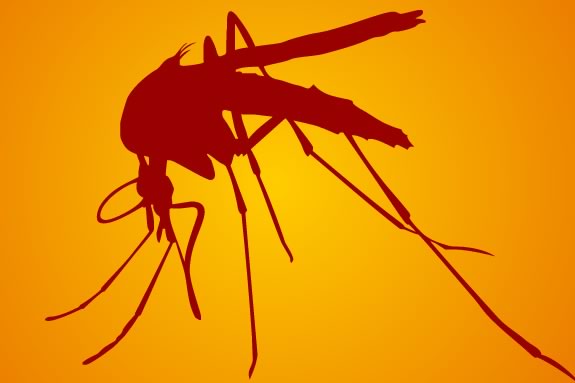
It's official - West Nile Virus has made it to the North Shore. Here's a run down on what you need to now, how to identify symptoms of infection what to do if you feel you have been infected. While no symptoms appear in most people infected with West Nile Virus, those that do show symptoms could be in serious jeopardy. West Nile virus is spread by mosquitos that host the virus, so your best bet to avoid infection is to prevention. There is currently no vaccine for the virus.
Prevention
While some towns will actively take steps to reduce the mosquito populations in a given area with spraying, there are things we can do as individuals that will greatly reduce the chances of contracting the disease:
- Wear mosquito repellent outdoors
- Wear pants and long sleeve shirts
- Keep window screens in good repair
- Stay away from swamps, ponds, marshes and other natural sources of shallow standing water
- Be vigilant, or stay inside, at dawn and dusk, when mosquitos are most active
-
Patrol your property and neighborhood for standing water - a mosquito breeding ground.
- Empty containers that have standing water
- Turn over buckets that can catch rain water
- Make sure any boats on dry land have the drain plug pulled
- Empty old tires of water, and keep them dry
- Keep your pool a chemistry in balance and well chlorinated
Symptoms of West Nile Infection
West Nile Virus incubates from 2-15 days, with headache being the most prominent symptom. West Nile causes many kinds of illness including fever, encephalitis and meningitis. At-risk populations are the elderly, the very young and those with compromised immune systems.
-
Serious Infection
- Symptoms may last several weeks, and neurological effects may be permanent.
-
Symptoms
- high fever
- headache
- neck stiffness
- stupor
- disorientation
- coma
- tremors
- convulsions
- muscle weakness
- vision loss
- numbness and paralysis
-
Mild Infection
- Symptoms can last for as short as a few days, though even healthy people have become sick for several weeks.
-
Symptoms:
- fever
- headaches
- body aches
- nausea
- vomiting
- swollen lymph nodes
- rash on chest, stomach and back
Treatment
There's no specific treatment for West Nile Virus. Mild cases will pass like the flu can last longer than a typical flu infection. More serious cases will require hospital support and care. Seek medical attention immediately should you show signs of serious infection, and use your judgement on milder infection symptoms! Pregnant women and nursing mothers are encouraged to talk to their doctor if they develop symptoms that could be WNV.








